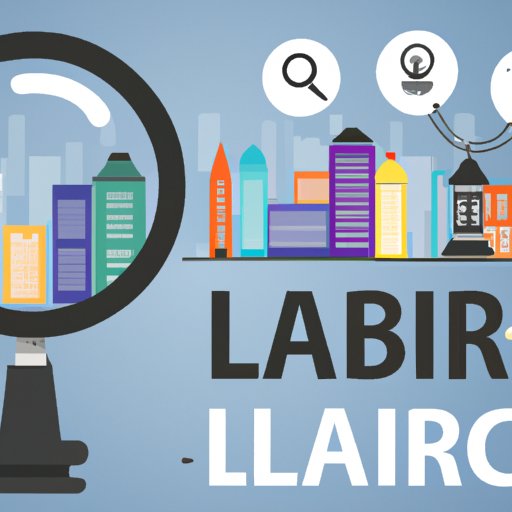Introduction
Starting a business can be an exciting and rewarding endeavor. But it also comes with a lot of legal and financial considerations. Before you can open your doors for business, you’ll need to do some research and make sure you understand the laws, regulations, and paperwork required to launch your new venture.

Research Your Business Idea and Local Laws
The first step in starting a business is to have a clear understanding of the business laws that apply to your particular situation. Research local regulations and zoning laws to ensure that you’re adhering to all applicable laws. You may also need to consider any restrictions or special requirements related to your industry or business type.
Create a Business Plan
Once you have a good understanding of the legal issues involved in starting your business, it’s time to create a business plan. Outline the goals of your business, estimate startup costs and potential risks and rewards, and think about how you will market and manage your business. Having a well-thought-out business plan will help you secure financing and develop a roadmap for success.
Determine Legal Structure
Your business’s legal structure will determine how you pay taxes, how much liability protection you have, and even how you receive income. Common structures include sole proprietorships, partnerships, corporations, and limited liability companies (LLCs). Each has its own advantages and disadvantages, so it’s important to decide which one is right for your business.

Obtain Necessary Licenses and Permits
Depending on your business type and location, you may need to obtain certain licenses and permits before you can start operating. Check with your local government to determine what applies to your business. Some industries also require specific licenses or permits, so make sure you understand what is necessary for your particular business.
Open a Business Bank Account
Having a separate business bank account is essential for keeping your personal finances separate from your business finances. Choose a bank that meets your needs, then gather the necessary documents, such as your business license, and set up the account. Once you have the account established, make sure you keep accurate records of all transactions.

Register Your Business With Government
Once you have your business plan, legal structure, licenses and permits, and bank account set up, it’s time to register your business with the government. Depending on your business structure, this could involve filing paperwork and paying fees to the state or federal government. Make sure you understand what is required for your particular business.
Conclusion
Starting a business requires careful planning and a thorough understanding of the laws and regulations that apply to your business. By researching your business idea, creating a business plan, determining your legal structure, obtaining the necessary licenses and permits, opening a business bank account, and registering your business with the government, you can ensure that your business is properly set up for success. If you need assistance, don’t hesitate to seek professional help.
(Note: Is this article not meeting your expectations? Do you have knowledge or insights to share? Unlock new opportunities and expand your reach by joining our authors team. Click Registration to join us and share your expertise with our readers.)
